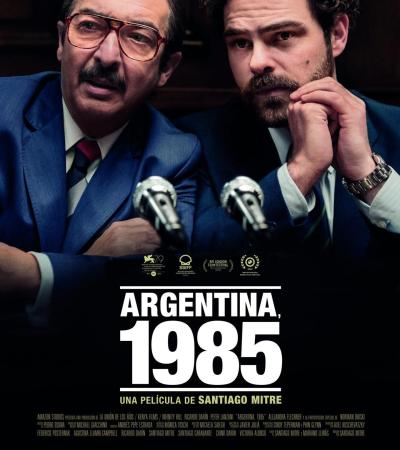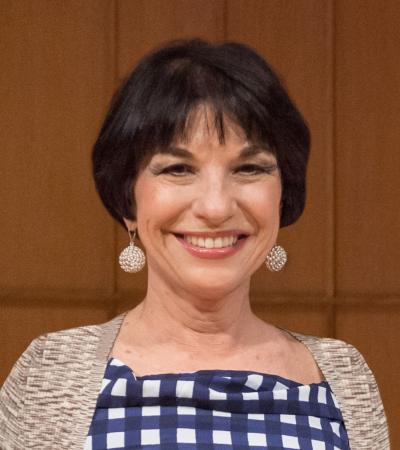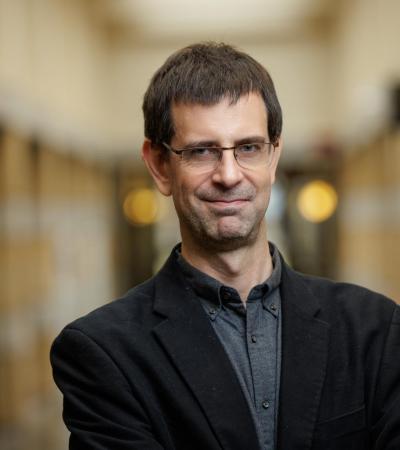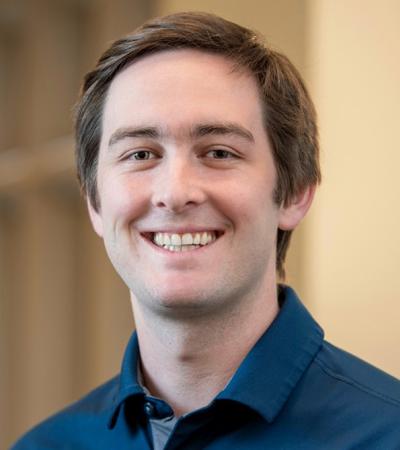Transitional Justice and Narrative Power in "Argentina, 1985"

This event considers the recently released film "Argentina, 1985" – which depicts the transitional justice process that took place in Argentina after the military dictatorship – with inter-disciplinary scholars providing commentary on this historic moment, followed be a Q&A session.
More than 30,000 Argentines were estimated to have disappeared between 1976 and 1983, and some 3,000 officials and non-officials have been charged with crimes as of 2018. The film provides a dramatic depiction of the groundbreaking transitional justice trial, a process that has set precedents for human rights litigation, created awareness around the limits of state power, and influenced peace-building mechanisms after human atrocities. “Nunca mas” (“Never again”) has shaped the historical memory of older and younger Argentines, and material reparations are available still today, as the country continues to recuperate from the legacy of state violence.
Panelists:
María Rosa Olivera-Williams
Professor of Latin American Literature
Kellogg Institute Faculty Fellow
Alejandro Bonvecchi
Ordinary Assistant Professor, Torcuato Di Tella University
Kellogg Institute Visiting Fellow
Josefina Echavarría Álvarez
Associate Professor of the Practice, Director of the Peace Accords Matrix (PAM) Program
Kroc Institute for International Peace Studies
Moderators:
Vanesa Miseres
Associate Professor of Spanish
Kellogg Institute Faculty Fellow
Patrick McQuestion
PhD candidate in Peace Studies and Political Science
Kellogg Institute Doctoral Student Affiliate
Cosponsored with the Department of Romance Languages & Literatures and the Kroc Institute for International Peace Studies.

Maria Rosa Olivera-Williams
Maria Rosa Olivera-Williams is Professor of Spanish and Latin American Literature at the University of Notre Dame. Her research interests center on the representations of subjectivities and national identities in modern and contemporary Latin American cultural production; artistic projects from the Southern Cone; and issues of dictatorship, democratic transition, and traumatic memory...
Alejandro Bonvecchi
This profile was current as of 2023, when he was part of the on-campus Kellogg community. Kellogg Visiting Fellow Alejandro Bonvecchi is an ordinary assistant professor at Torcuato Di Tella University in Buenos Aires, where he is also Director of the Program on Electoral and Legislative Studies, and an Independent Researcher at the National Council for Scientific and Technical Research (CONICET)...
Vanesa Miseres
Vanesa Miseres is an associate professor of Spanish who specializes in the cultural and literary landscapes of nineteenth- and early twentieth-century Latin America. Her research and teaching exploring diverse topics such as travel writing, war literature, women writers, gender, cultural, and food studies. She has been a Kellogg faculty fellow since 2015...





